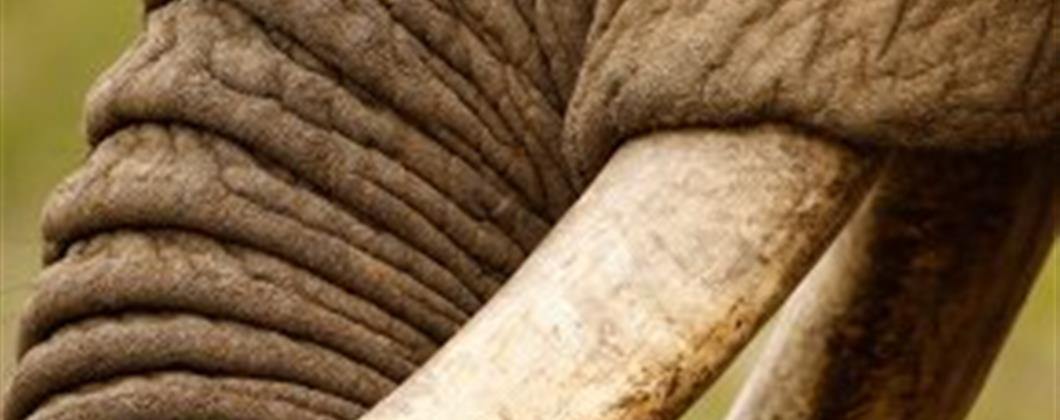Sale of ivory to be outlawed in the UK including most antiques

Following a consultation and backed by public support, Michael Gove has announced that the sale of ivory, including many antiques, is to be banned in the UK following a campaign led by Prince William. The ban, which will be the toughest in Europe, aims to help tackle elephant poaching and the illegal ivory trade.
Previous bans only included ivory from as far back as 1947, however, the new law, which has yet to be officially instated, will encompass all ivory regardless of age and with few exceptions. According to the Department for Environment, Food and Rural Affairs, those discovered selling illegal ivory will face a maximum sentence of five years in prison or an unlimited fine.
The past decade brought about the most severe drop in African elephant population for 25 years, with a 30% decline; the drop is unanimously contributed to the sharp rise in poaching that is thought to account for the deaths of 20,000 elephants a year to supplement the ivory trade.
These shocking figures alongside growing support for a ban from charities such as Tusk and WWF led Gove to hold a consultation to which over 70,000 members of the public responded, 88% of whom were in favour of outlawing the sale of ivory. Gove announced that the new ban would “reaffirm the UK’s global leadership on this critical issue, demonstrating our belief that the abhorrent ivory trade should become a thing of the past”.
Whilst the majority of ivory antiques, jewellery and art will be encompassed in the ban, there are a few exceptions:
- Items made before 1947 comprising less than 10% ivory.
- Commercial activity between British museums will remain unaffected.
- Musical instruments made before 1975 comprising less than 20% ivory.
- Portrait miniatures painted on thin pieces of ivory at least 100 years old.
- Rare items over 100 years old will need to be assessed by a specialist institution before exemption permits are issued.
